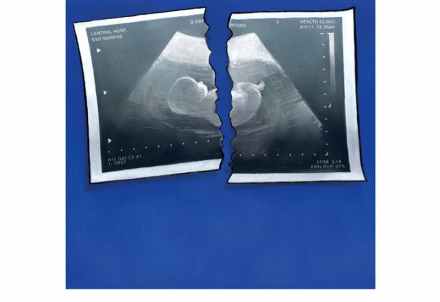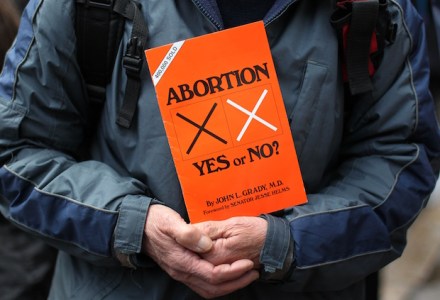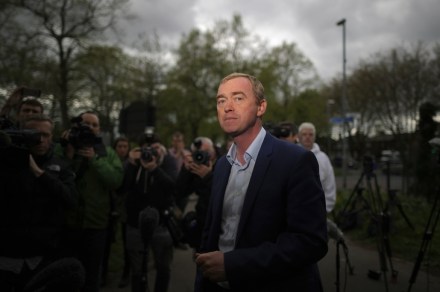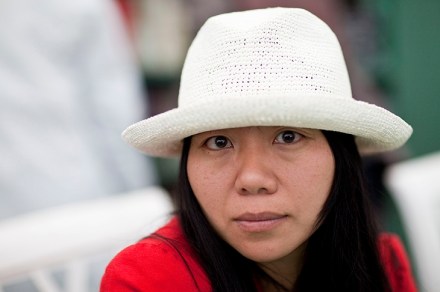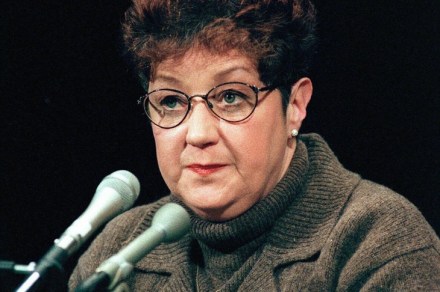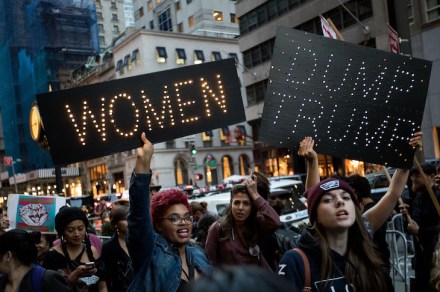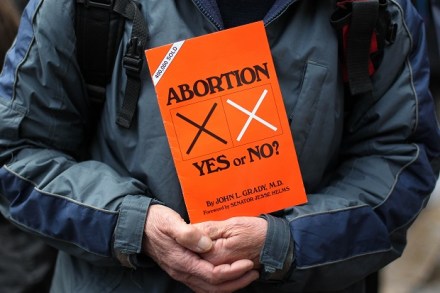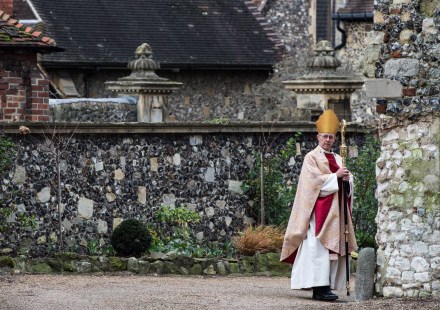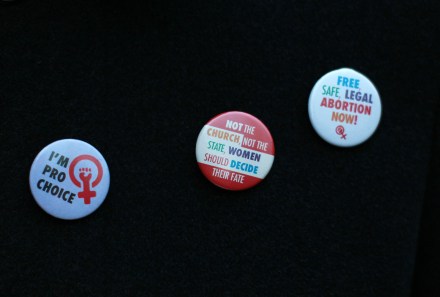Why is the BMA trying to decriminalise abortion?
It’ll be news, I expect, to most people that the BMA wants abortion to be decriminalised. Most people probably didn’t know it was a criminal offence in the first place. And you’ll be hearing a lot from women who’ve had abortions about how it’s obviously not a criminal matter but a mere medical procedure. Nothing criminal or moral about it. In fact there’s a section of the commentariat who employ a familiar syllogism in these cases: 1. I have had an abortion; 2. I am a good person; 3. Abortion is therefore not wrong. The BMA is going down this route with its vote today, that abortion is not a
